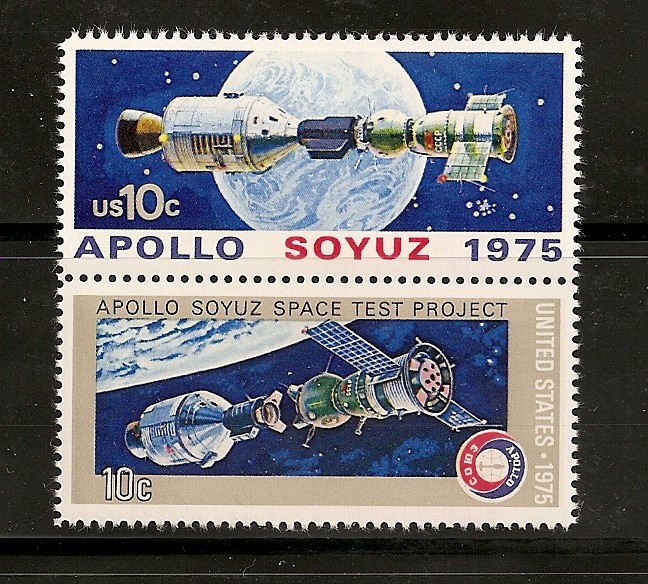Bringing Russian helos into the Af-Pak mix: a great move
 Friday, July 16, 2010 at 12:03AM
Friday, July 16, 2010 at 12:03AM 
pic here
WAPO story on US buying Russian helos to form the core of Afghan's military force structure in rotary aircraft.
In a turnabout from the Cold War, when the CIA gave Stinger missiles to Afghan rebels to shoot down Soviet helicopters, the Pentagon has spent $648 million to buy or refurbish 31 Russian Mi-17 transport helicopters for the Afghan National Army Air Corps. The Defense Department is seeking to buy 10 more of the Mi-17s next year, and had planned to buy dozens more over the next decade.
Congress pissed because it wants only US firms to provide, but I like us getting the Russians involved. The only way we win in Afghanistan is to get the entire neighborhood involved and incentivized economically.
 Afghanistan,
Afghanistan,  Russia,
Russia,  US foreign policy | in
US foreign policy | in  Citation Post |
Citation Post |  Email Article |
Email Article |  Permalink |
Permalink |  Print Article
Print Article 



















